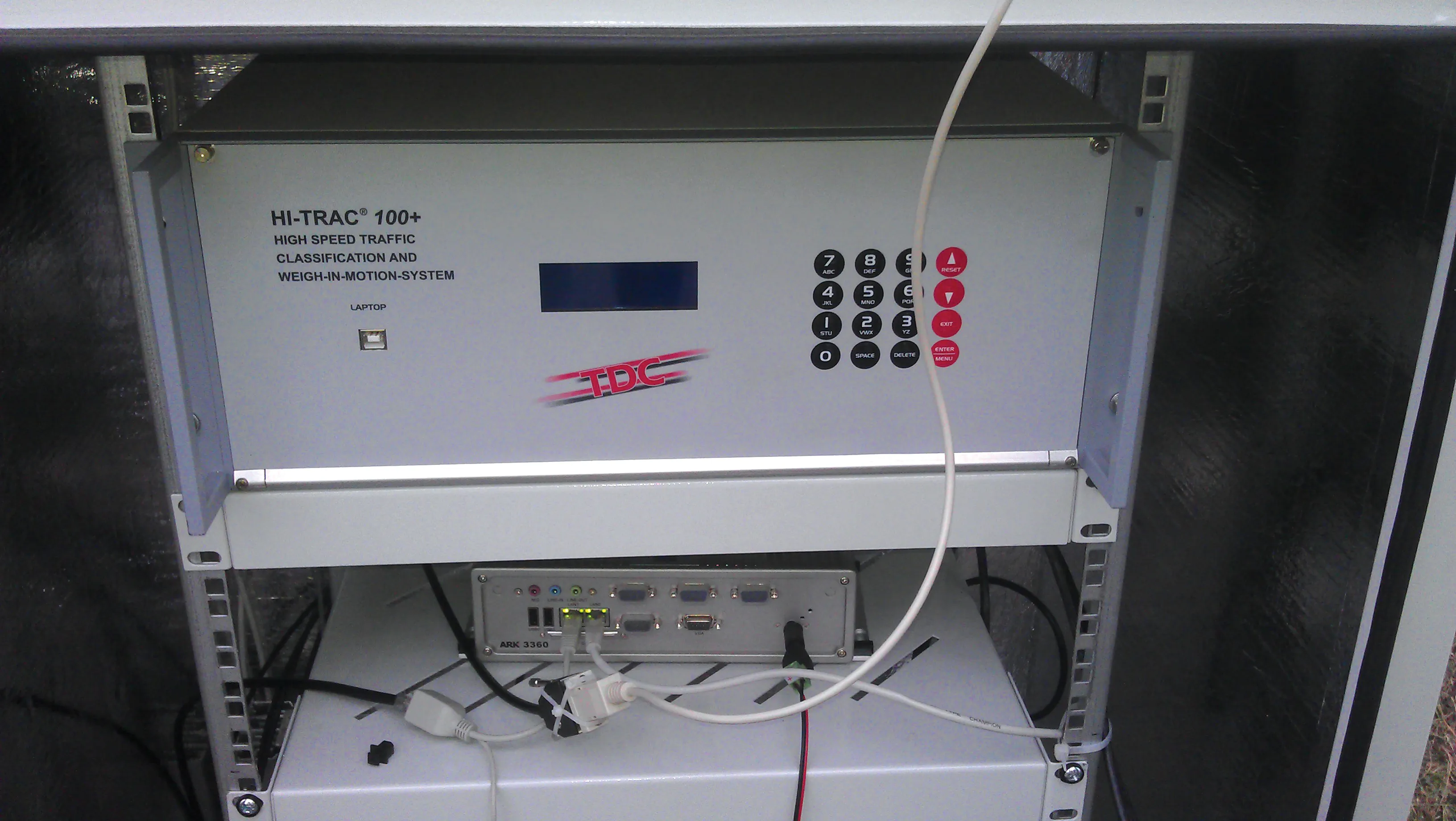Several Portuguese motorway concession companies want to be paid compensation by Estradas de Portugal (EP), the state-owned road agency, to help cover the increased costs resulting from the launch of systems to cover toll fees using licence plate chip solutions. The contracts signed by Baixo Tejo, Litoral Oeste and Pinhal Interior between 2008 and 2010 covered the mandatory use of licence plate chip systems, whereby they would be responsible for fees and other related costs. However, the project was altered
August 12, 2013
Read time: 2 mins
Several Portuguese motorway concession companies want to be paid compensation by 1410 Estradas de Portugal (EP), the state-owned road agency, to help cover the increased costs resulting from the launch of systems to cover toll fees using licence plate chip solutions.
The contracts signed by Baixo Tejo, Litoral Oeste and Pinhal Interior between 2008 and 2010 covered the mandatory use of licence plate chip systems, whereby they would be responsible for fees and other related costs. However, the project was altered in 2010 so that it was no longer mandatory but rather served as an alternative payment format. As such, they are asking for around €100 million in compensation.
Meanwhile, EP, Via Verde,2769 Ascendi and Capgemini are working on a new toll system to be used by travellers which could result in the end of the post-payment solution in favour of a temporary system for sporadic users or mandatory devices. It is claimed the new solution could result in a 40% increase in revenues and reduce frauds.
The contracts signed by Baixo Tejo, Litoral Oeste and Pinhal Interior between 2008 and 2010 covered the mandatory use of licence plate chip systems, whereby they would be responsible for fees and other related costs. However, the project was altered in 2010 so that it was no longer mandatory but rather served as an alternative payment format. As such, they are asking for around €100 million in compensation.
Meanwhile, EP, Via Verde,








